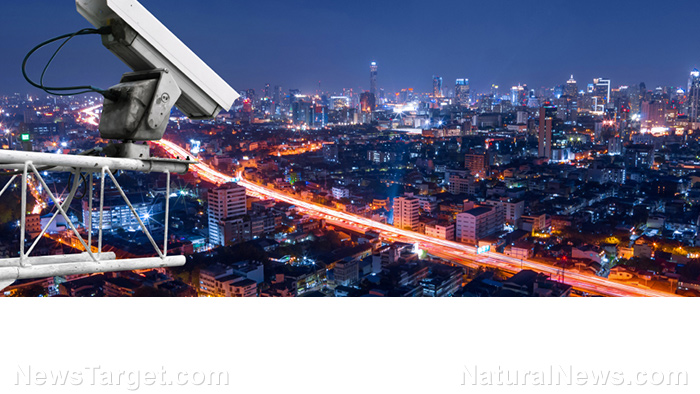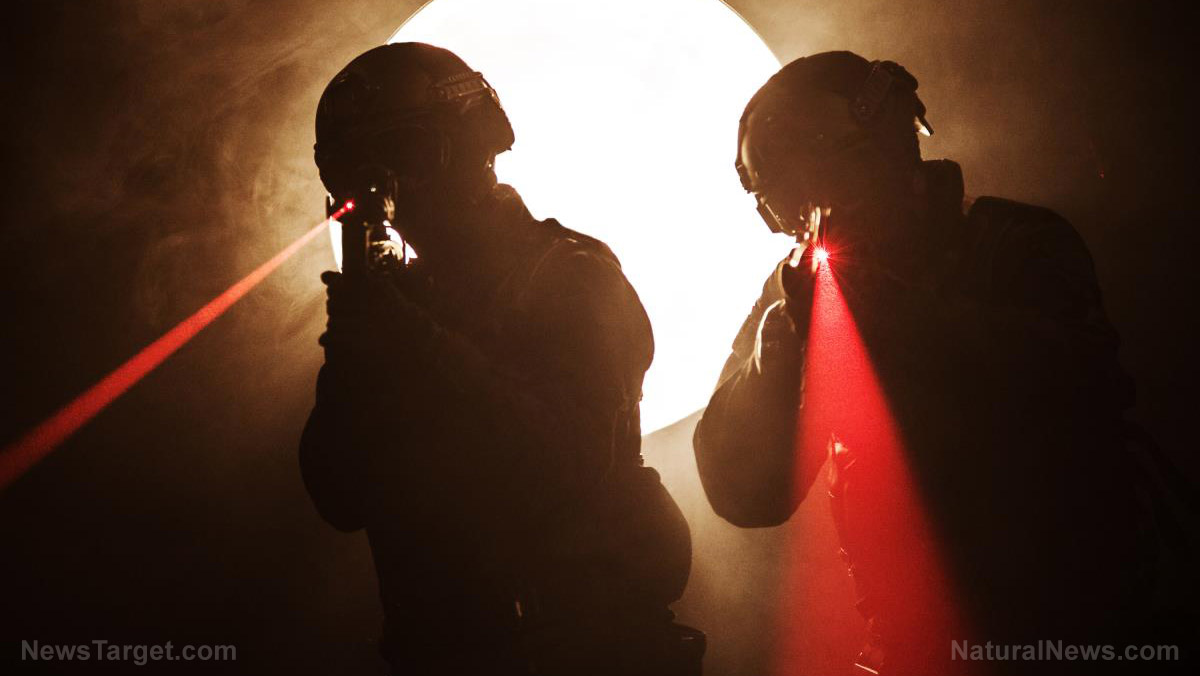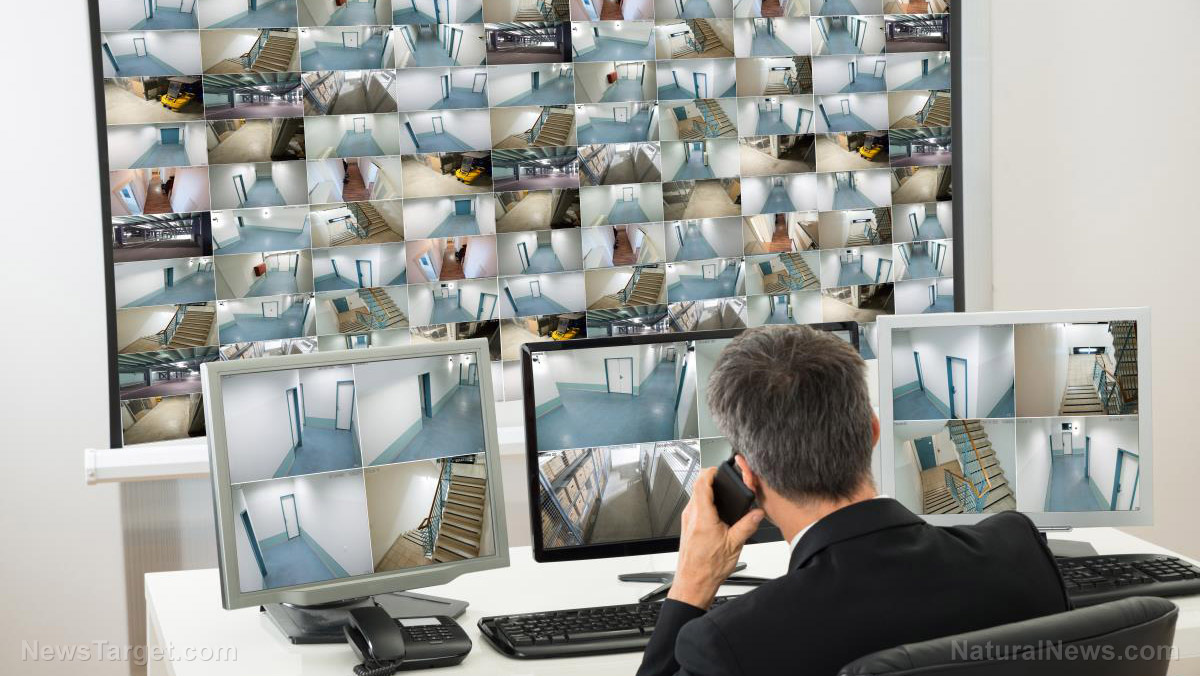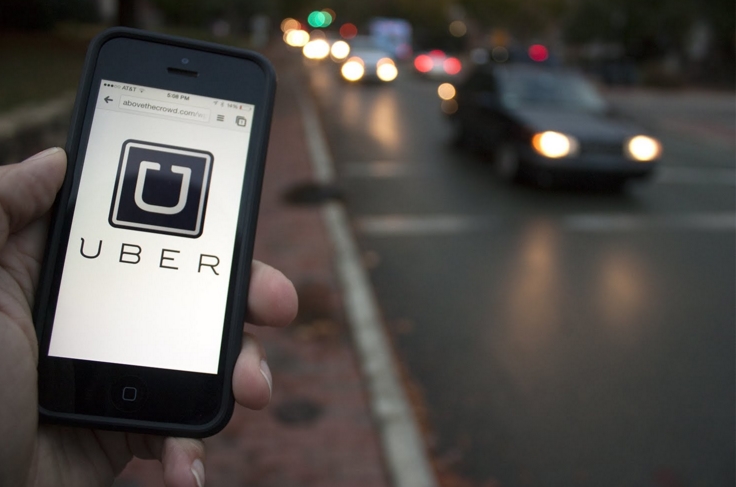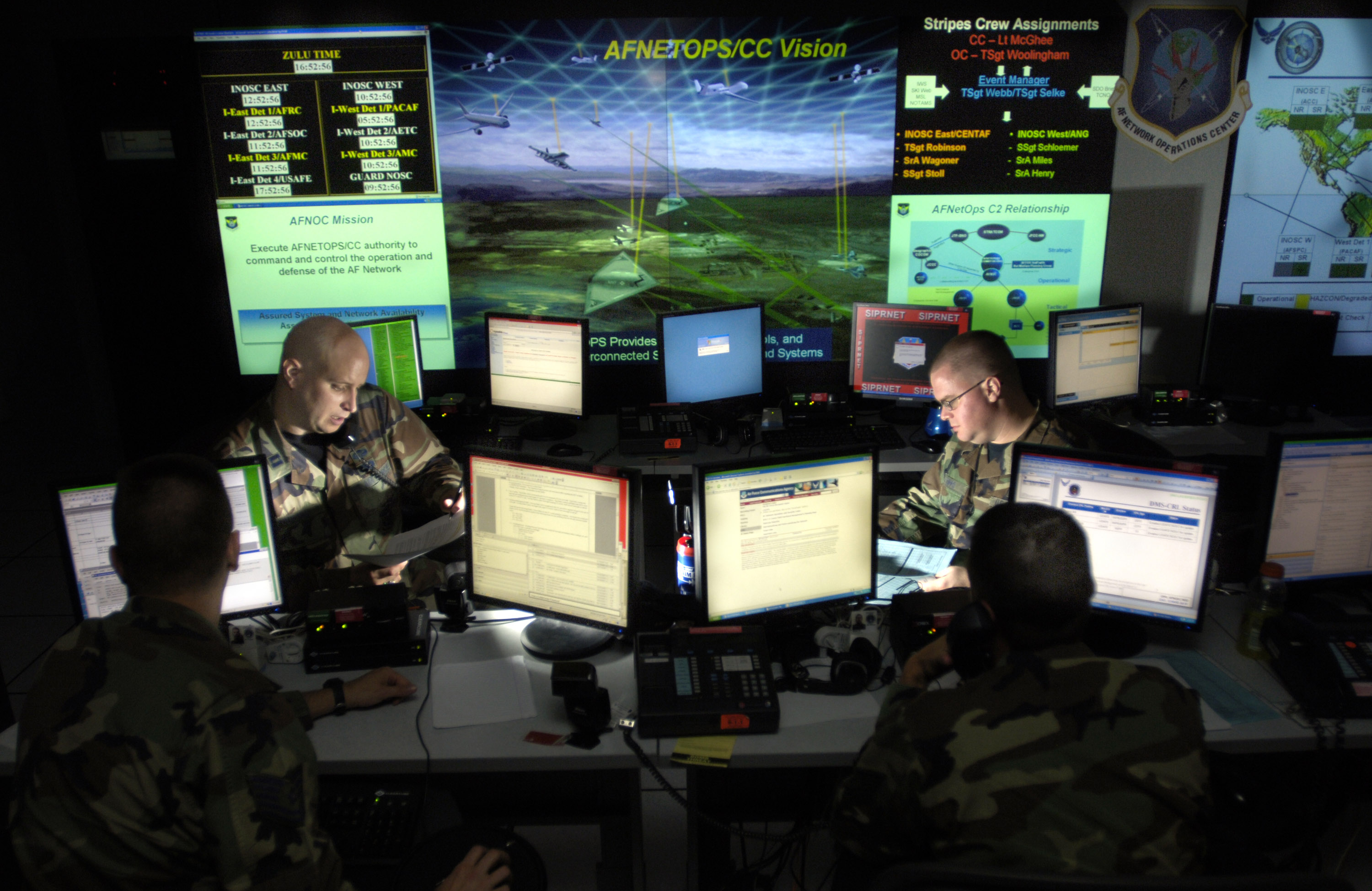U.S. military begins testing flying surveillance balloons across the country to TRACK people’s movements
09/13/2020 / By Cassie B.

Have you spotted an unusual balloon hovering overhead recently and wondered why it was there? If you live in the central part of the U.S., it may have been spying on you.
The U.S. military has been testing balloons that can spy on people and track their movement. According to documents filed with the FCC, the balloons can hover at 65,000 feet. Last year, they were tested in states like Iowa, Missouri, Illinois, Wisconsin, Minnesota and South Dakota.
The tests were carried out by U.S. Southern Command, or Southcom, which is part of the Department of Defense and is responsible for intelligence operations, security cooperation and disaster response in Central and South America. It’s a joint effort by the U.S. Air Force, Navy, Army and other forces whose main task is finding and intercepting drug shipments that are destined for the U.S. According to the Guardian, as many as 25 unmanned solar powered balloons were launched from rural South Dakota and made their way 250 miles across the neighboring states in tests.
The FCC documents claim that the balloons are aimed at offering persistent surveillance that can track down and deter narcotic trafficking and threats to homeland security. The balloons are fitted with a sensitive radar technology that can track vehicles in all types of weather, day and night. Just one of the radar devices in these balloons can capture the motion of all cars traveling within a 25-mile radius.
This means the military can track where vehicles are coming from in order to “rewind the tape” on people’s movements. The technology is being likened to “combat TiVo” because when something does happen in the area being surveilled, it is possible for those controlling it to go back in time and see what happened, who was involved in the incident and where they came from.
A MESH network is also being used to allow the balloons to communicate between one another and with people on the ground. The report also indicates that the balloons could be capable of recording or transmitting video.
Balloons raising lots of privacy concerns
Naturally, this type of surveillance is extremely concerning to civil rights advocates. American Civil Liberties Union Senior Policy Analyst Jay Stanley told the Guardian: “Even in tests, they’re still collecting a lot of data on Americans [who’re] driving to the union house, the church, the mosque, the Alzheimer’s clinic… We should not go down the road of allowing this to be used in the United States and it’s disturbing to hear that these tests are being carried out, by the military no less.”
Southcom has already been using light aircraft equipped with sensors to fly over parts of Panama, Colombia, Mexico and the Caribbean Sea. However, these planes are only capable of flying for a few hours at a time and require expensive crews. The new balloons are a cheaper option that can follow multiple boats and cars for extended periods of time and have an easier time hovering over a specific area.
The military isn’t the only group testing this type of surveillance; private companies such as World View are also working on similar balloons. Stratollites are surveillance systems mounted in balloons that can be controlled and adjusted remotely. A World View balloon carried out a 16-day mission above states in the western U.S. last year — unbeknownst to many on the ground.
World View says its Stratollites could be used for applications such as surveillance aid for troops, weather forecasting, disaster recovery, communications and first response, and they could also be used by law enforcement.
While no one wants to see drugs entering the country, many Americans are very uncomfortable with the idea of having their every movement tracked, recorded and potentially stored where hackers can access it. Most people don’t even realize all the ways we are losing more and more of our privacy every day thanks to modern technology that claims to make our lives better.
Sources for this article include:
Tagged Under: balloons, dangerous tech, freedom, Liberty, military tech, miltary, Orwellian, police state, privacy, privacy watch, surveillance
RECENT NEWS & ARTICLES
COPYRIGHT © 2017 INFORMATIONTECHNOLOGY.NEWS



